We spend a third of our lives doing it and yet a staggering 35% of Americans are sleep deprived. In Britain, over a single year, 30% of adults experience some kind of insomnia, and 10% of those become chronic sufferers. Sleep expert, Dr Matthew Walker claims lack of sleep ages a man by 10 years, and if that doesn’t bother you, neuroscientists are now linking sleep deficit to Alzheimer’s and dementia.
So maybe we should take a look at some of the sleep myths holding us back.
Myth 1: My brain just shuts down while I’m asleep
Turns out your brain is no slouch. Every 90 minutes it cycles through three stages of non-REM (Rapid Eye Movement) and one phase of REM. It then repeats the cycle four or five times more until you wake. In non-REM (or deep sleep) your brain’s telling your body to get on with essential maintenance; repairing, replenishing, and regulating your physical functions, while in REM (or dream sleep) it’s sorting out memories, managing emotions, problem-solving, and thinking creatively. So it turns out, sleep’s as big a deal as nutrition and exercise.
Myth 2: Everyone needs 8 hours every night.
Well, what about all those people who famously only need a few hours? Former US President, Donald Trump, Co-founder of Twitter, Jack Dorsey, and business entrepreneur, Richard Branson for instance. In fact, only 1 in 4 million people have the genetic mutation that allows them to sleep for shorter periods. So sorry guys, you’re probably not one of the ‘special’ ones. You need between 7 and 9 hours, just like the rest of us.
Myth 3: I’m a poor sleeper, that’s just who I am, I’m used to it now.
Come on guys, if we could train our bodies to need less sleep, wouldn’t we all be doing it?
Here are a few simple tips from sleep guru, Dr Matthew Walker, that will help:
– load up on Vitamin D by exposing yourself to sunlight for at least 30 minutes a day, preferably in the morning. Morning light stimulates your serotonin hormone and shifts your circadian rhythm (24-hour body clock) earlier.
– leave your devices outside the bedroom. Blue light blocks the release of melatonin, the hormone that signals slumber. In fact, stay away from computer screens, tablets, and phones for an hour before sleep,
– take a hot bath. Counterintuitively, it drops your core body temperature the 1-2 degrees you need to initiate sleep. To stay asleep, keep the bedroom cool (around 65F) and try using a chilled pillow or topper if you’re still struggling.
Myth 4: When I can’t sleep, it’s best if I stay in bed until I drift off
Experts say you should give it 25 minutes and if sleep doesn’t come, get up and go to another room. The important thing is not to let your brain associate bed with wakefulness. Make sure you subdue the lighting and do something that doesn’t excite your brain. Try reading a well-thumbed book, doodle with coloured pencils, or listen to a meditation app like Calm or Buddhify. Only go back to bed when you’re sleepy.
Myth 5: If I take naps I won’t sleep at night
Now scientists believe that short, infrequent bouts of sleep (sometimes called power naps) will give you a daytime boost without compromising your night’s sleep. Google and Ben & Jerry’s have installed napping pods to help employees stay alert but the trick is to keep your nap short. You only need about 20 minutes and doing it after 3 pm might mess with your internal body clock, so get your snoozing in early.
Myth 6: I catch up on sleep at the weekend, or by sleeping longer in the morning
By now you’ve probably figured out that your brain thrives on routine. It works best when you’re consistent and it’ll reward you for getting up and going to bed at the same time every day. If your bedtime slips because you’ve been out with friends or bingeing on box sets, get up at your regular time and don’t fall into the trap of thinking your brain cares what day of the week it is.
Play to your strengths. Decide whether your internal body clock is more energised in the morning or evening and work your day around it. Scientists call this, knowing your Chronotype. Early risers are larks, late-nighters are owls. If your boss is a lark, chances are, everything starts early. Your Chronotype is inherited so you can’t change it. DNA testing will help you figure it out, or use a free online questionnaire like the Horne-Ostberg Morning Eveningness Questionnaire (AutoMEQ) that takes five to ten minutes to complete.
Myth 7: Spousal arousal is a natural part of sharing a bed
Okay, so I’m talking about that elbow in the ribs from a partner who’s fed up being woken by your constant tossing and turning. Sleep coach, Nick Littlehales says we’re not designed to sleep with other people. If you’re sharing a king-size bed you’re only getting a width of 2’ 6” which is less space than you had as a child in a single bed. He claims that as the night progresses, to get more space couples will turn away from each other. So that means, if you’re both right-handed, one of you is lying on your dominant side (which is least favoured because instinctively you feel vulnerable) and this leads to broken sleep. In the interests of harmony, Littlehales also recommends finding out whether a potential partner is a lark or an owl before committing to them. His theory is, larks look after owls in the morning and owls look after larks at night. Check out Nick Littlehales’ TED talk, The Unconventional Wisdom About Sleep for his alternative look at getting better quality sleep.
Myth 8: Drinking coffee’s a good way to stay awake while drinking alcohol makes me sleep
The amount of caffeine needed to keep you awake is significantly higher than the amount that disturbs your sleep. (Better to take a 20-minute nap if you’re drowsy.) In terms of performance, caffeine is out of your system after an hour or so, but its half-life lasts 5 to 10 hours which can be enough to disrupt your deep REM sleep, and why scientists don’t recommend caffeine drinks after lunch.
There are a few reasons why alcohol isn’t good for sleep. Firstly, it’s a sedative so it stops your brain cells from firing up properly, secondly, it triggers the fight or flight mechanism so sleep is fragmented, and lastly, it blocks that deep, restorative REM sleep we need to feel refreshed.
Myth 9: I sleep okay, I don’t need to change anything
Ah, but if you busted just one of these myths and it improved your sleep, wouldn’t it have been worth it? Get the basics right and small changes will make a big difference.
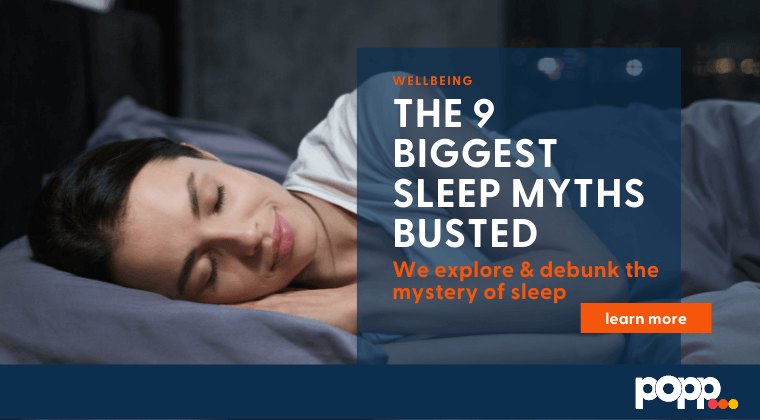
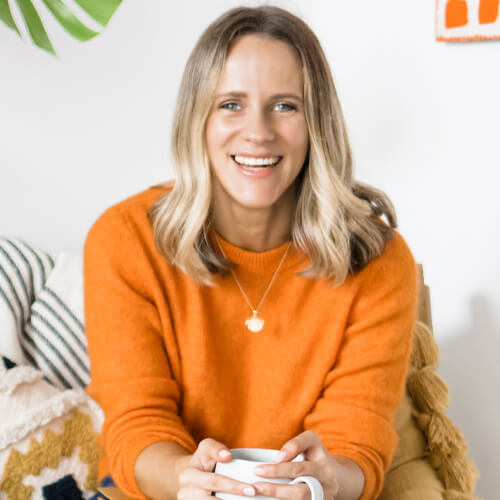



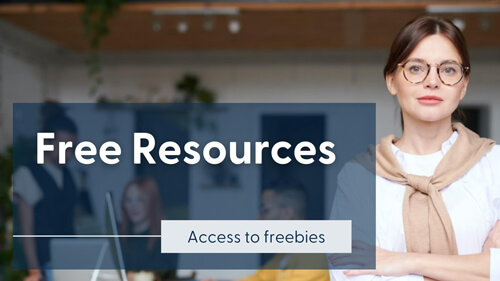
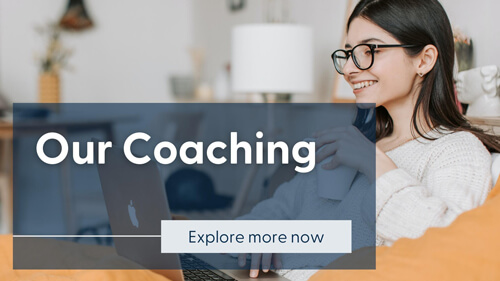
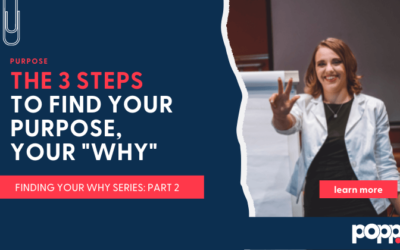
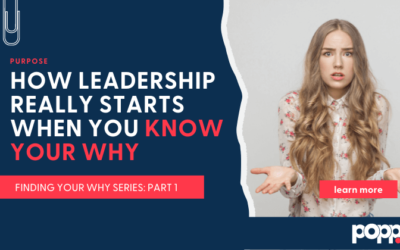

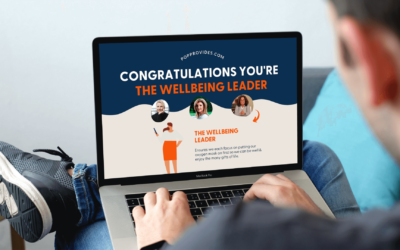
0 Comments